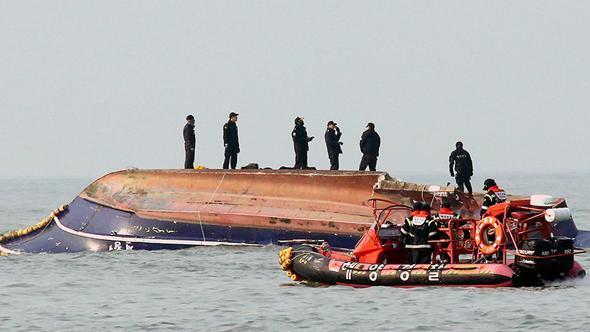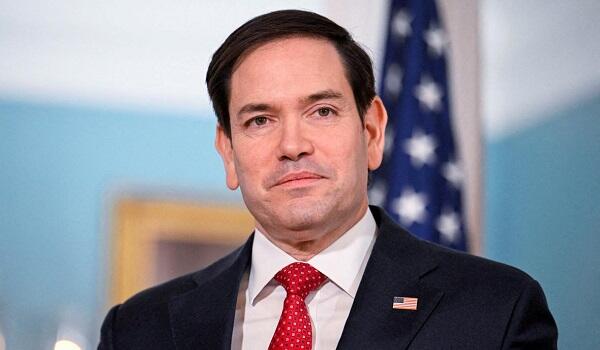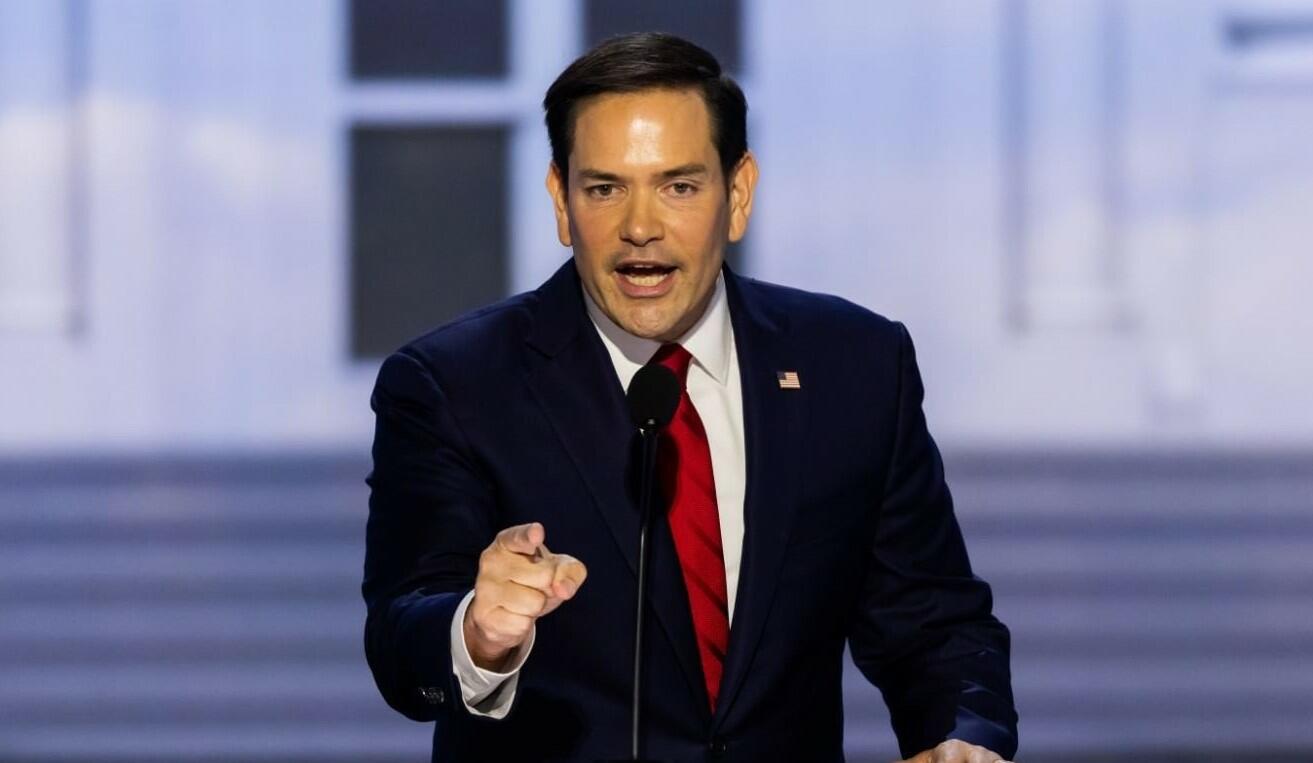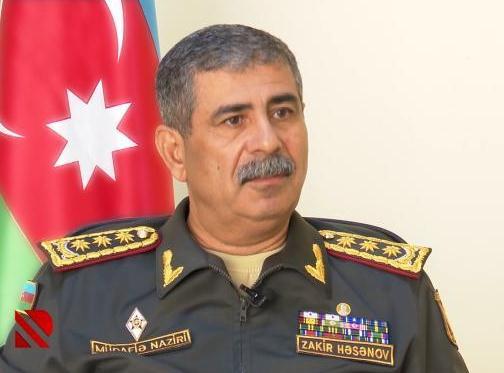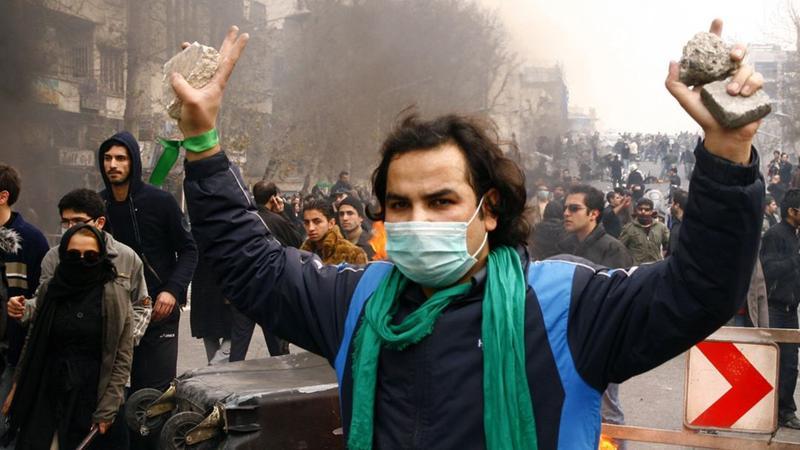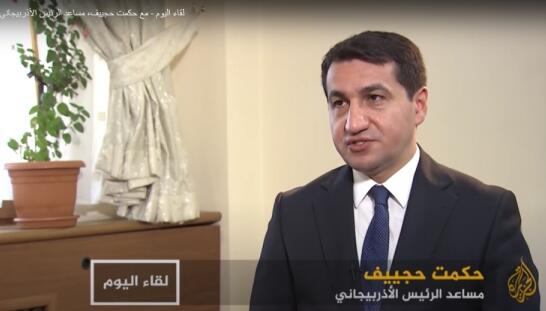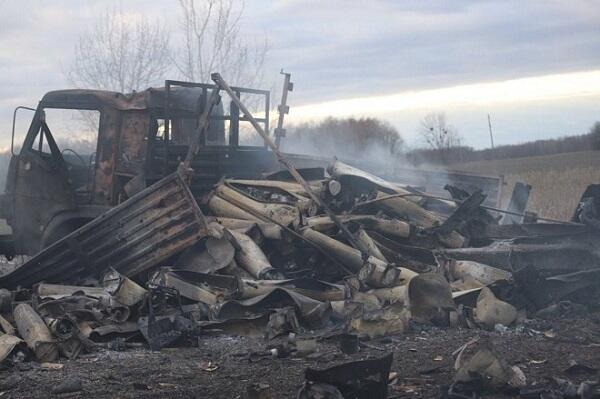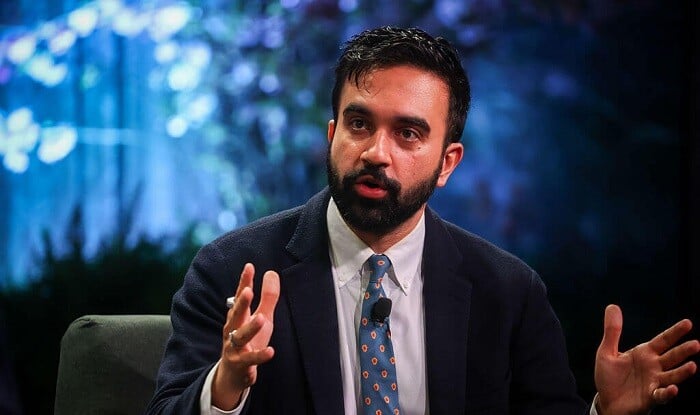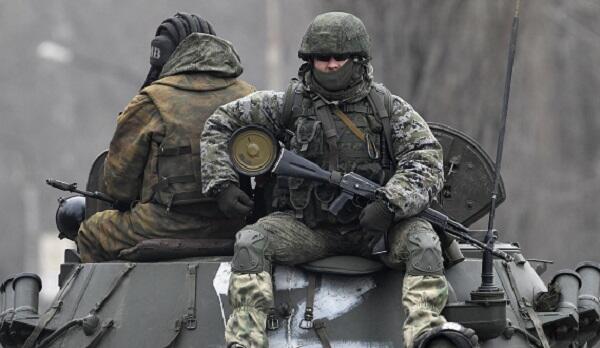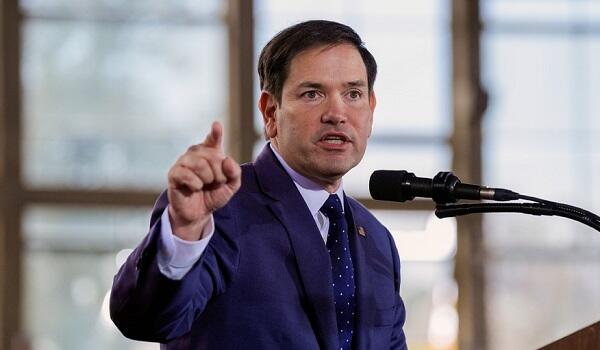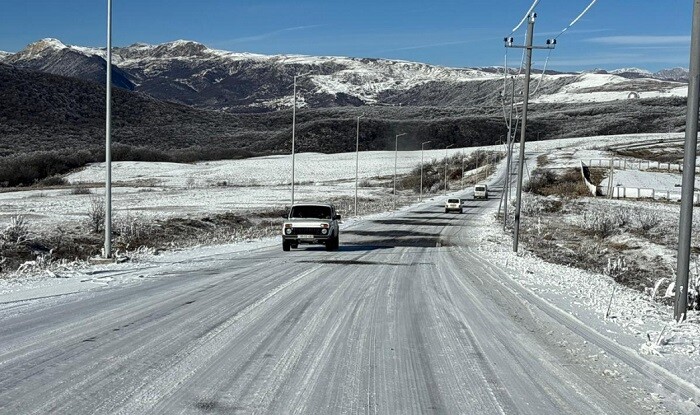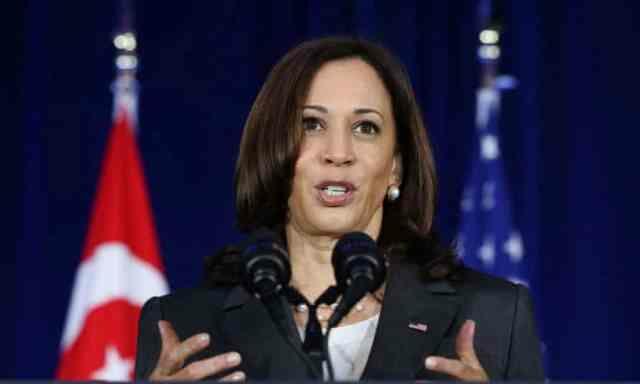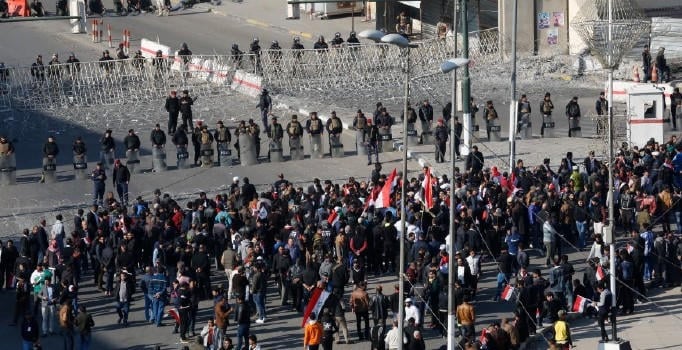An interview with famous Russian historian and political analyst Oleg Kuznetsov about the conflict between the US and Iran over the "nuclear agreement" problem and its possible consequences.
- How can the conflict between Iran and the United States on the "nuclear negotiation" affect Azerbaijan as a regional country?
- Azerbaijan has no obligation to do so, but rather the subject of "nuclear treaty" concluded between Iran and the United States with the participation of European countries. Therefore, no favourable or disadvantageous consequence for this would affect the official Baku in any economic or juridical-legal sphere. However, as you have just noted, the revision of this policy, which is even more sustainable in comparison with the macroeconomic agreement, will take place through armed means or at least through a "hybrid war" because now, official, legal, legal grounds and mechanisms are being considered. But I would like to note that the United States has no chance to break intergovernmental agreements earlier agreed.
- Israel seems to be the main power that makes the United States use force against Iran. Can all of these events lead to the use of military force?
- You have absolutely pointed out right that Israel has to force America to use military force against Iran because the Islamic Republic of Iran does not recognize Israel as a state. But there are other countries in the world that are more interested in this than the Jewish state - Saudi Arabia, who wants to win regional leadership in the Greater Middle East with the support of America, from the Mediterranean and the Red Sea to the Pamirs. Therefore, Israel is not the only country which interested in armed conflict between the US and Iran.
Today, we can say clearly that America and Iran are inclined to military confrontation. But that is why - the crisis in Syria and the civil war, the fight against ISID group in Iraq, and so on realized.
- It is not expected that real "war" will happen.
- As it has been seen from the experience of the last two or three years, US warplanes have repeatedly bombarded Iran's positions in Syria and Iraq. However, official Tehran has shown great patience in all these cases without responding to American provocations. But this is not always the case. Recent developments have shown that the US military-technical hegemony in Syria has gradually dropped.
Although Iran has not been called an ally, it has found itself a reputable partner in Turkey and Russia. These countries are clearly not interested in any military tension in Central Asia. Though Israel and Saudi Arabia have been pushing the United States to military action, these are the reasons why the Americans can not take any step.
- How do you predict the development of tension in the region in the background of all this happening?
- Of course, Americans, together with the Arabs of Israel and Saudi Arabia, will still try to "crash the boat" and will need a partner to increase the balance of control over the region. But their opponents will not "fall asleep", but will immediately take the necessary steps.
If Russia can not go beyond the borders of Syria for some objective reasons, then Iran and Turkey can move freely, just as they want without any intergovernmental agreements.
Personally, I do not rule out that Iran will endanger stability through the Hezbollah that it supports in Lebanon as a response to increasing pressure by the United States, Saudi Arabia and Israel.
Moreover, at any time Iran may open its front to the north from Israel, which could lead to the recurrence of military paralysis for Israel in 2009. That's why the possible "cancellation" of the US "nuclear deal" with Iran, and the war between these two states is not as real as it seems at first glance.
- If there is a direct conflict between the United States and Iran, what can be the consequences for Azerbaijan?
- I have no doubt that if the US decides to start a military conflict with Iran, then it will try to involve Azerbaijan in its coalition to open its airspace to NATO fighter jets. Of course, the position of the Azerbaijani government on this issue will be seriously affected by the official position of Russia and Turkey and relations with official Tehran.
The global confrontation between Russia and the United States today is no secret for anyone. That is, the potential regional coalition has been formed fairly in the medium term and is fair. Thus, when it comes to choosing, Azerbaijan will have an alternative. But I consider that in the next few years, official Baku will not be obliged to make a critical choice. In the near future, politics, political will, the independence that will ensure the sovereignty of the state and the future will not be left to choice. The situation in the southern borders of Azerbaijan is stable and it will continue for a long time.
